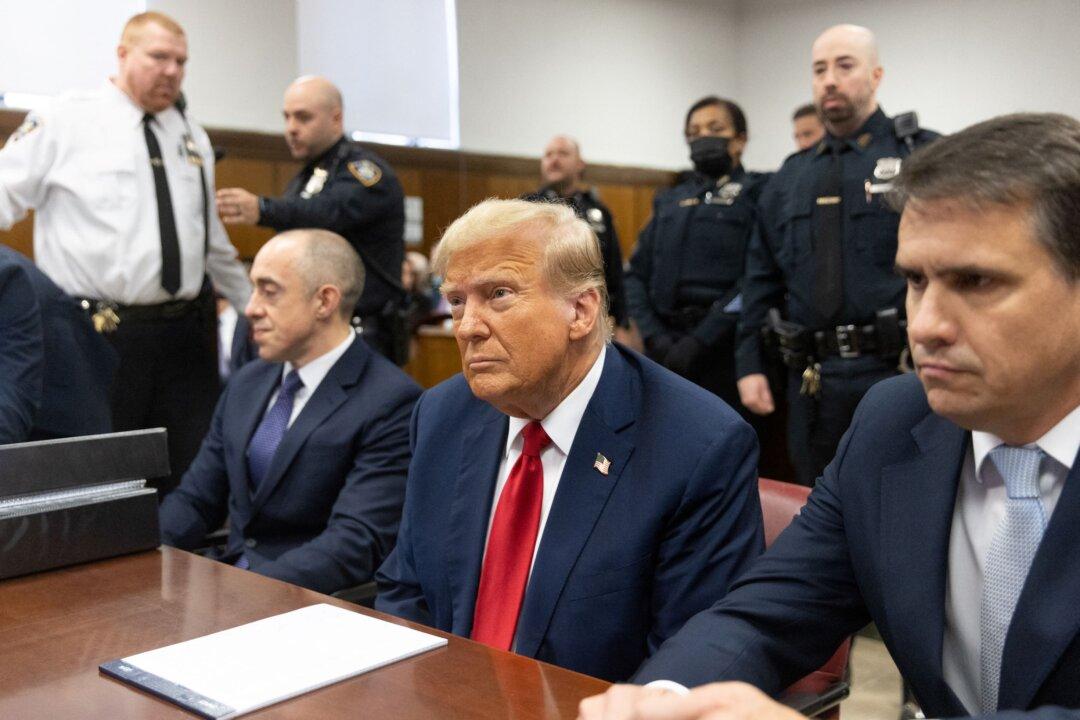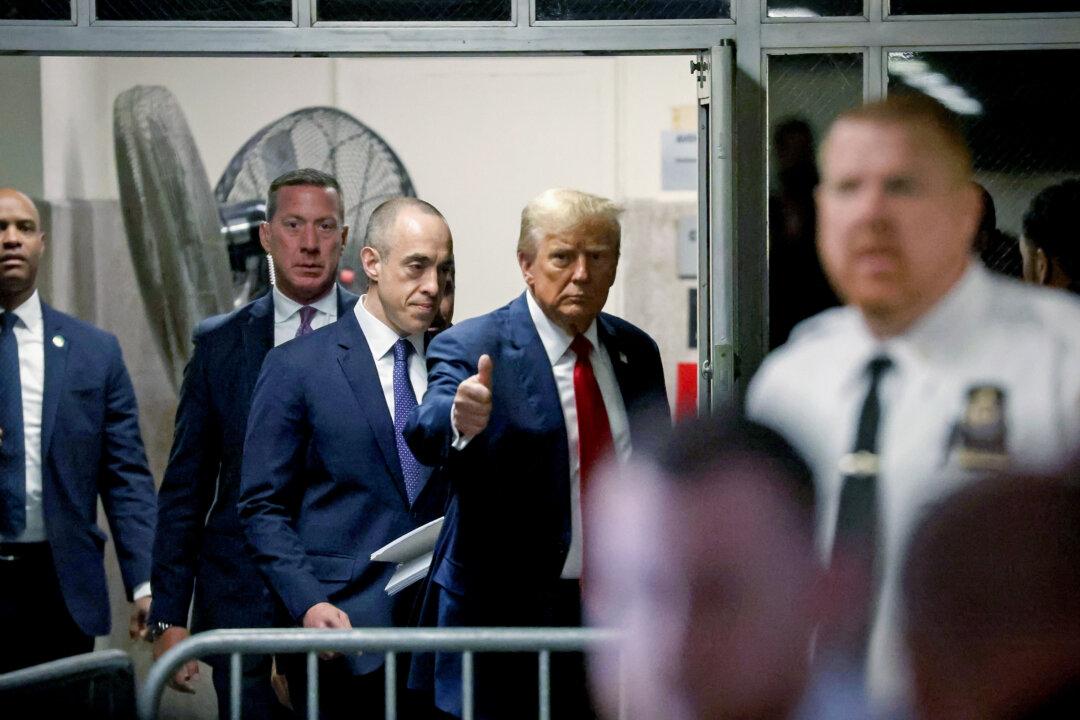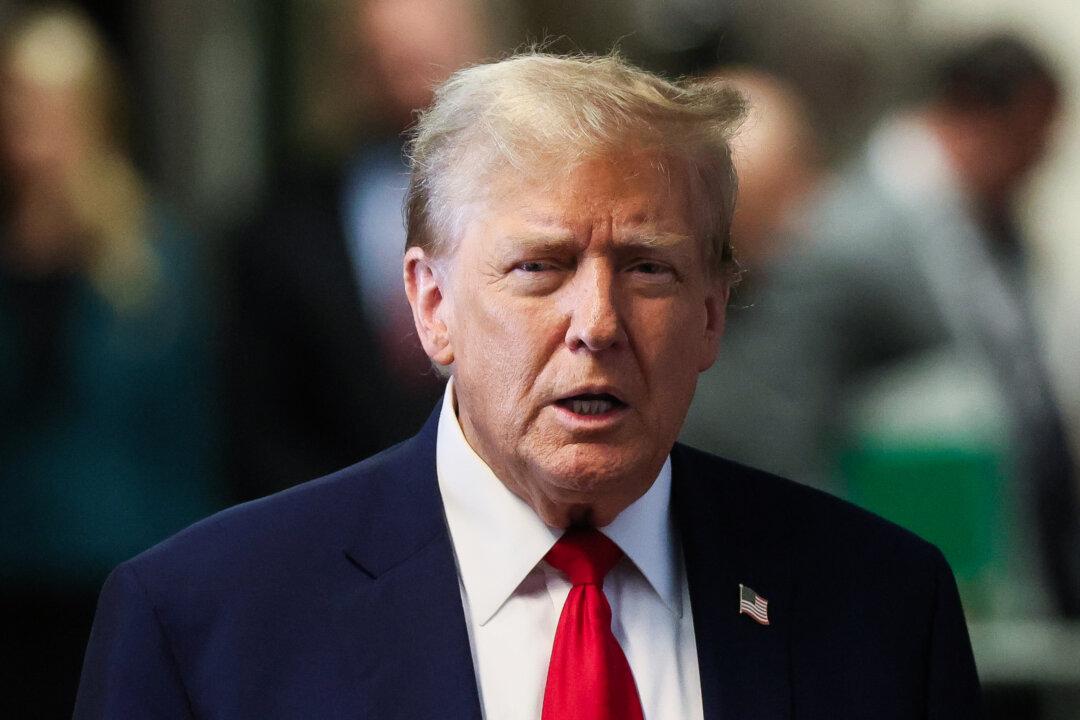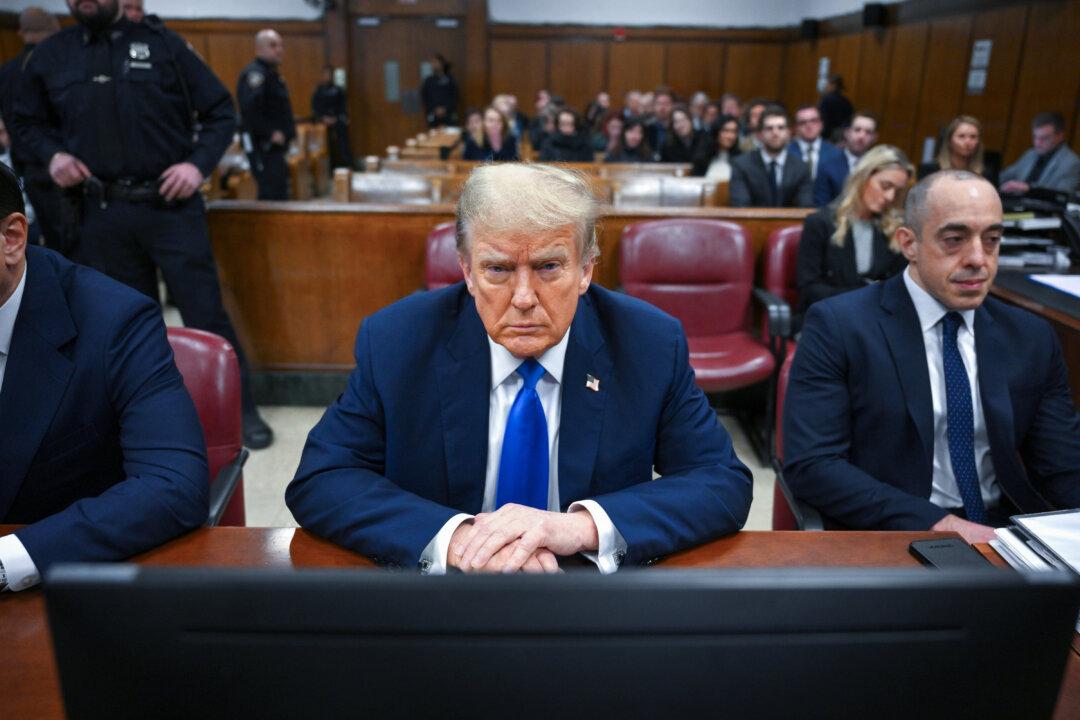“Virtually every policy affecting the economy is at best grounded in a framework designed to support overall growth and what economists call ‘allocation efficiency,’ i.e. ensuring market forces allocate goods and services,” the report states. “With the exception of a few programs ... competitiveness policy is exogenous to the operations of the U.S. government.”
Trade Policy
A critical area of reform, in the report’s analysis, is U.S. trade policy, which all too often has benefited countries such as China where chronic violations of intellectual property law go on to the detriment of American innovators and entrepreneurs. The forced technology transfers and theft of intellectual property (IP) under the CCP’s watch are well-documented problems in areas ranging from military technology to copyrighted movies and songs.Under a more competitiveness-focused trade policy, regimes that tolerate or facilitate IP violations would be identified by the United States Trade Representative (USTR) and would not be eligible for preferential trading privileges, the report advocates. Of course, to make this shift will require a marked change in focus from maximizing profits at no matter what cost in the vast and lucrative markets of China, to protecting the proprietary information and products of U.S. firms.
Report author Robert D. Atkinson, president of ITIF, also calls for a shift in the focus of enforcement with regard to IP, given that U.S. resources and compliance tools are limited. To put it simply, the U.S. needs to pick its battles well. To give an example cited in the report, the competitiveness-focused trade policy that Atkinson envisions would focus far more on unfair and abusive Chinese trade practices related to semiconductors than on Canadian practices regarding timber and milk.
The report calls for a reassessment of the goals set forth in former President Donald Trump’s “phase one” trade agreement with Beijing, which encouraged China to import significantly more U.S. agricultural goods, among other products. In Atkinson’s view, setting such targets does not serve American interests, because when the U.S. diverts more of a given type of export to China (say, milk or wheat), those exports could have gone to other countries trading on better terms with the U.S. exporters. Other competitors will step into the breach and send their own products to the markets that had been receiving the products and services diverted to China. Hence, “phase one” and trade policies that similarly privilege Chinese markets may put U.S. firms at a disadvantage.
Atkinson’s report concurs about the need for better oversight of outbound economic activity, especially when the destination is China, but goes further in calling for a change in how CFIUS operates with regard to inbound products and investments. Besides assessing the potential effects for U.S. national security, CFIUS would also consider the ramifications for the competitiveness of strategic industries. CFIUS would also be giving certain nations, like China, that deny U.S. firms the right to become majority shareholders in their own enterprises, a taste of their own medicine. According to the report, CFIUS should not allow Chinese and other foreign players to take advantage of a double standard and would ensure fairness and reciprocity in cross-border investment and trade.
Antitrust Policy
Another crucial area of a competitiveness-based stance as outlined in the report is antitrust policy, which Atkinson regards as having failed in the past to serve the best interests of U.S. firms involved in cross-border transactions.In Atkinson’s view, U.S. government policy here has been misguided for some time. He gives an example from the 1970s, when the Federal Trade Commission’s antitrust suit against Xerox, which led to the corporation having to share drawings, blueprints, and some 1,700 patents with competitors. As a consequence, Xerox lost half its market share, mostly to Japanese competitors.
More recently, antitrust policy has benefited the CCP through forced divestitures of parts of foreign firms interested in opportunities in the United States. Atkinson gives the example of Dutch semiconductor company NXP’s purchase of U.S. manufacturer Freestyle. The FTC imposed the condition that NXP would have to divest a core part of its business to a Chinese firm under the ownership of China’s sovereign wealth fund, whose administrator is the cabinet-like State Council. In the end, China ended up being the biggest purchaser, and beneficiary, in what was ostensibly a deal between a Dutch and an American firm. The antitrust requirement benefited Beijing and had only adverse consequences for the competitiveness of the other parties, according to the report.
Looking Ahead
“If you talk to the antitrust bureau at the Department of Justice, or talk to the financial regulators, and ask them, is competitiveness of any kind in your vision statement, your agenda, they’ll say no, our job is to just get more market competition,” Atkinson told the Epoch Times.Such a stance may be politically convenient but does not, in the end, serve the interests of competitiveness, he said. Atkinson’s report calls for specific steps to reverse the trends causing the United States to lag, but to implement these changes will require a shift in the priorities of both the major parties in Congress and on the part of the Biden administration.
“There’s a set of industries that the U.S. has to have if we want to be a global power economically and militarily—semiconductors, AI, quantitative. China is going after those industries, and if we don’t do something, they will take those industries away from us. This is the first time we’ve faced a competitor with such a mission. This challenge is unique in our history,” Atkinson said.
“Right now, if we look at what the Republicans have been wanting, they are saying, we’ll just cut taxes and regulations on all corporations and have more free trade agreements. What Democrats want is a whole lot more social welfare spending. Rather than address the challenge—how do we not lose critical industries for America?” Atkinson concluded.





